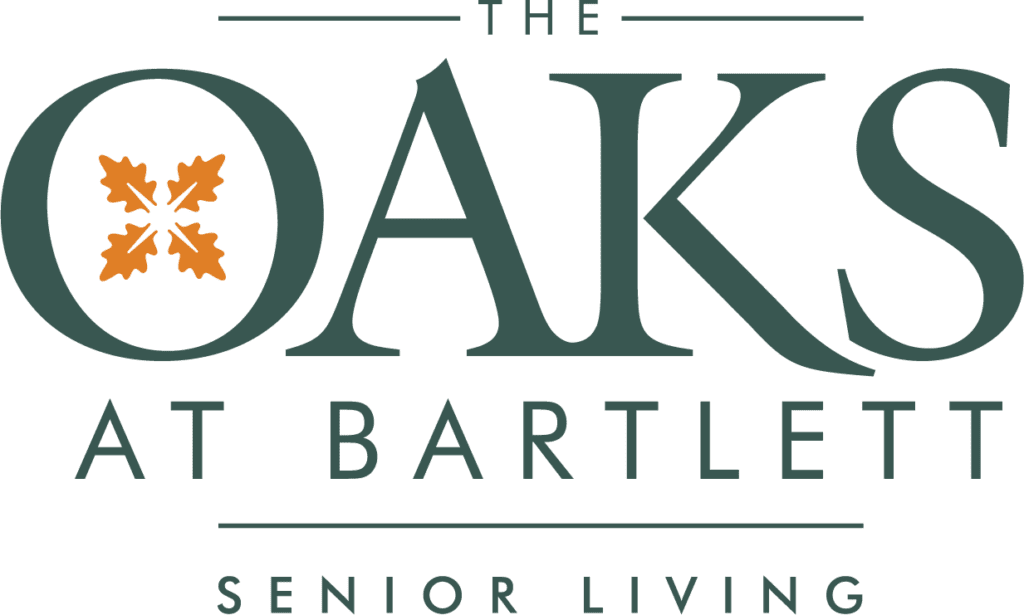The past several months have been particularly challenging for older adults and their caregivers.
Fortunately, the cases of COVID-19 at The Oaks at Bartlett, a continuing care retirement community in Bartlett, Ill., have been very low and those diagnosed with the virus have recuperated.
With an aging population, more job opportunities are increasing in a variety of fields. But the most significant demand is and will be for caregivers, nurses, nurse’s aides and medical assistants. People considering a career in senior care benefit from solid job prospects in a rapidly growing field.
The fastest-growing age group in the U.S. is people aged 85 and older. It’s projected that by 2029, more than 20 percent of the total U.S. population will be over the age of 65. This so-called silver tsunami is predicted to significantly impact the senior living industry, with the Bureau of Labor Statistics predicting healthcare support professionals and healthcare practitioners will be among the two fastest-growing occupations of this decade.
A Career in Senior Living is a Smart Move
A career working in senior care can be more than just personally fulfilling. Financially rewarding jobs within senior care range from healthcare to administration. Depending on your education level and interests, there are several options working with seniors provides. Here are four primary reasons a career serving older adults is a smart move:A Chance to Make a Difference
People working in senior care can experience immense satisfaction by supporting seniors so they can maintain a healthy quality of life. Helping older adults regain their independence by working as an occupational therapist, a rehabilitation counselor or as an audiologist, for instance, makes a unique significant impact.
Job Availability and Security
This growth trend in aging results in a demand for professionals with knowledge and expertise in aging and senior care. Because there are career options working with seniors at all skill and education levels, there is plenty of job security.
Work for All Skill Levels, Multiple Career Options
Career opportunities in senior care include entry-level positions that require minimal education, such as personal care aides and those requiring higher levels of education and postgraduate degrees, like CNAs, RNs, doctors and research scientists. It is possible to start with an entry-level position and advance by earning advanced credentials and gaining valuable work experience in senior care.
Flexible Schedules
Senior care workers are needed around the clock, which means this can be the ideal industry for someone looking for a bit of flexibility in their work schedule. Whether you’re a student, a parent trying to balance a work-life around your children, just returning to work, or even semi-retired, a job in senior care will probably be able to accommodate the schedule you need.
Working with seniors also requires specific personality traits. Make sure you not only have the right skill set but also the right disposition. If you have the following characteristics, working with seniors may be a good fit for you:
Patience
Working with seniors requires a certain level of patience, mainly because older people can set a slower pace. Regardless of your position, an ability to work at a slower pace and repeat yourself without annoyance is a must.
Empathy
Empathy is a necessary trait when working closely with any population but may be especially important when working with seniors. Compassion and understanding for those who may be in pain, lonely or depressed are paramount to building strong, trusting relationships.
Respect
The baby boomer generation’s parents instilled a great deal of importance in treating seniors with respect. With the diminishment of hearing and cognitive skills, such as memory loss, common for some older people, seniors often can feel dismissed or belittled. Making a point of listening to them and asking questions rather than giving orders honors their life experience.
Optimism
People working with seniors often meet their patients or clients during a challenging transitional period, which can sometimes lead to a pessimistic outlook for the future. Having a positive disposition can be essential when working with older adults, and helping the seniors you work with stay optimistic can improve their mental and physical health.
If you’re considering a career in senior care, and pursue interviewing with potential employers, it’s important to understand the culture and value of the organization. Seeking employment in senior care in the midst of the pandemic adds additional questions about safety. Here are some of the questions you might consider before accepting a position:
- Is this a good fit with my priorities?
- Do I understand the safety compliance requirements and am I willing to practice them?
- What personal protective equipment is available?
- What are the COVID-19 statistics in your communities?
- What protection protocols do you have in place for employees?
The Oaks at Bartlett continues to keep its residents and staff members safe by following the Centers for Disease Control and Prevention guidelines as well as those from state and local health agencies. Best practices include screening employees when they begin their shift and during their shift and closely monitoring all residents to detect signs of the virus. We also follow protocol and have all residents and staff wear masks at all times, observe social distancing measures, practice hand-sanitizing procedures throughout the day and engage in outdoor visits with friends and family.
